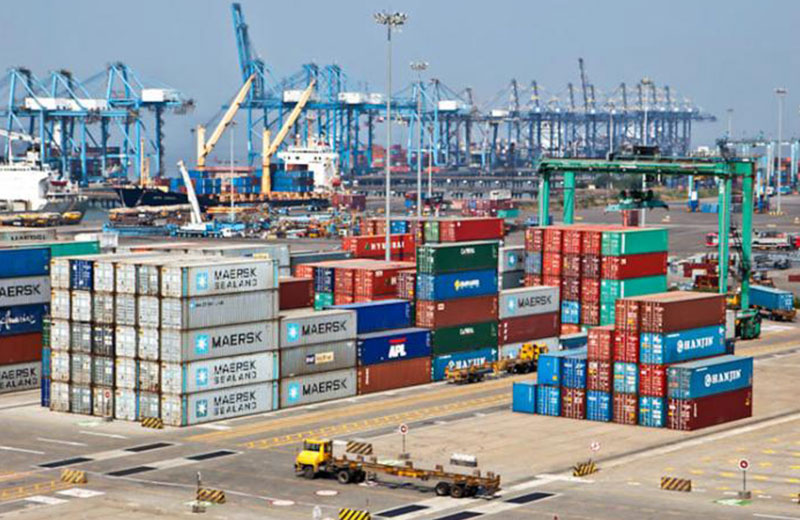[vc_row][vc_column][vc_column_text]
The shipping ministry is weighing a plan to scrap a policy that was designed to check the emergence of private monopoly in terminal operations at state-owned ports, holding that it was no longer relevant and continuing with it may deter private investors from bidding for cargo terminals.
“If there is only one private terminal/berth operator in a port for a specific cargo, the operator of that terminal/berth or his associates shall not be allowed to bid for the next terminal/berth for handling the same cargo in the same port,” according to the policy for preventing private sector monopoly in major ports (a term used to refer ports run by the Union government) that was issued by the shipping ministry in August 2010.
The Indian Private Ports and Terminals Association (IPPTA), an industry lobby, says the move to scrap the monopoly policy was positive for port investors.
“There was no need for such restrictions when there were several ports outside the control of the Union government that are much larger in size and are also free from any kind of regulations that the Union government-run ports are subjected to,” says a spokesman for IPPTA.
The monopoly policy is one of the three reasons cited for limiting competition during auctions for cargo terminals and for reducing the attractiveness of major ports for investors compared to the so-called non major ports that are owned by state governments but developed and run by private firms.
Rate regulation by the Tariff Authority for Major Ports (TAMP) and security clearance for bidders are the other constraints that were dampening investor sentiment in major ports, according to the ministry.
To provide a level playing field, the government propose to wind down TAMP. Similarly, a new Major Port Authorities Bill to reform the institutional structure of the major ports has been drafted with the aim of imparting more flexibility, autonomy and quick decision making powers to the major ports.
During the last 10 years, the capacity utilization of major ports has decreased from 92.85% to 62.82% and this declining trend does not support such restrictive practices as the monopoly policy, a spokesman for the ministry said.
Besides, the monopoly policy has led to a rise in litigations by private firms excluded from the bidding process by applying the policy.
“Every time an operator is excluded based on this policy, it has been challenged and the litigations have dragged on for 2-3 years delaying crucial projects. Though the major ports have succeeded in the end in the litigation, valuable time and opportunities have been lost which has been made the best use of by private ports,” the ministry spokesman added.
The monopoly policy is hurting the growth of major ports and is reducing competition. Moreover, the monopoly policy also deprives the operators of the benefits of economies of scale, the shipping ministry wrote in a note seeking to review the monopoly policy.
Keeping in view the fact that a large numbers of private ports are now operating and a large number of terminals in major ports are operated by private firms, the purpose behind the guidelines – to ensure one entity does not monopolize operations at a port – is no longer valid.
Competition will ensure best tariff setting by terminals which may be seen in the light of the fact that TAMP is to be abolished soon. Restricting participation of the extant terminal operators therefore serves no purpose, the ministry said, adding that “issues related to monopoly, if any, can be taken up with Competition Commission of India by the parties concerned.”
[/vc_column_text][/vc_column][/vc_row]








